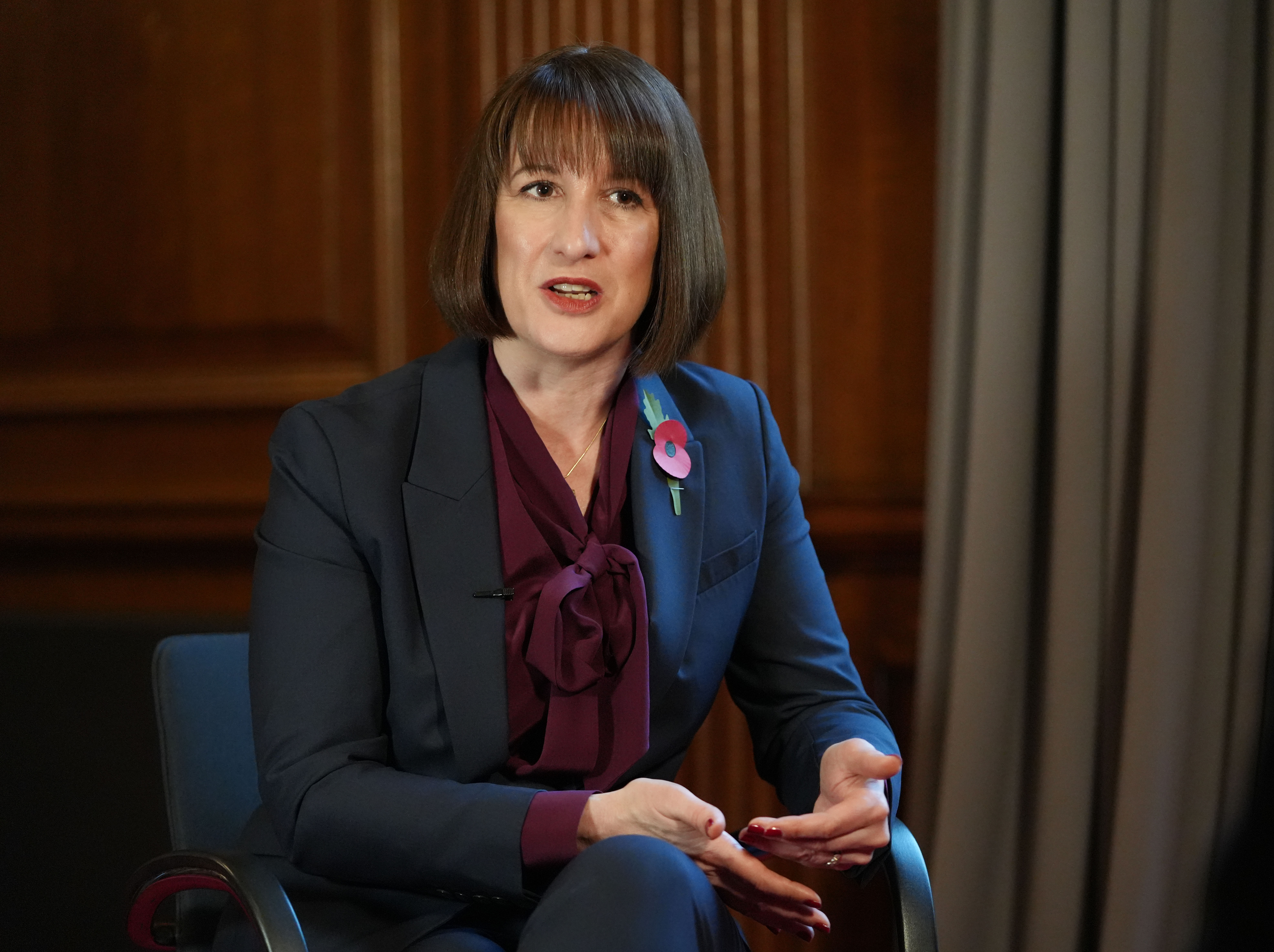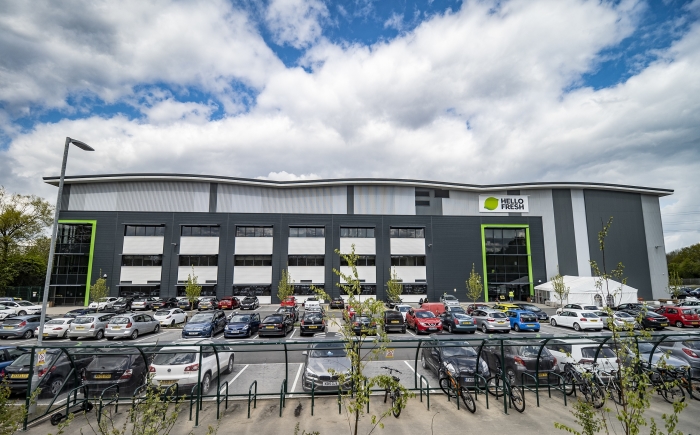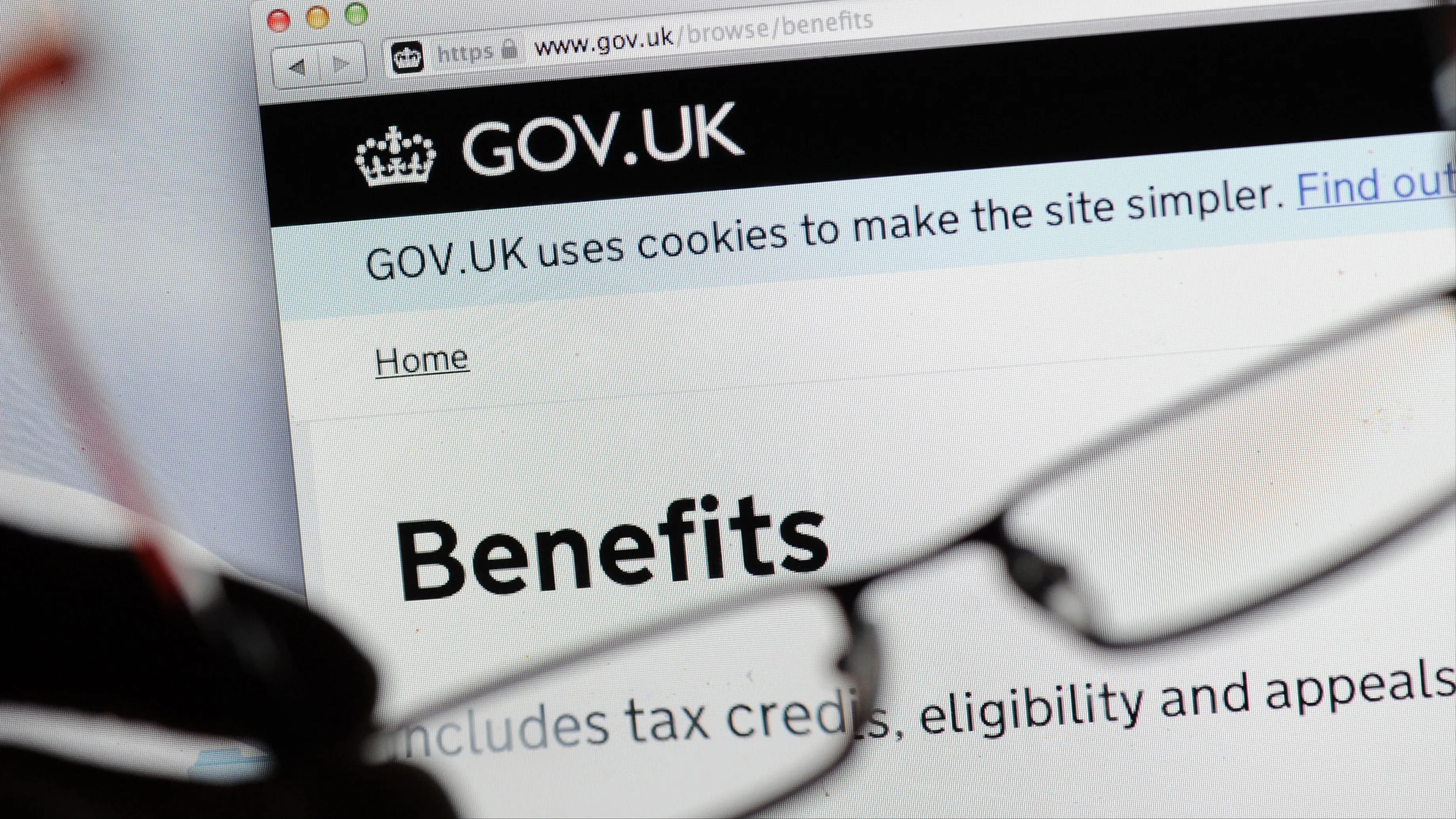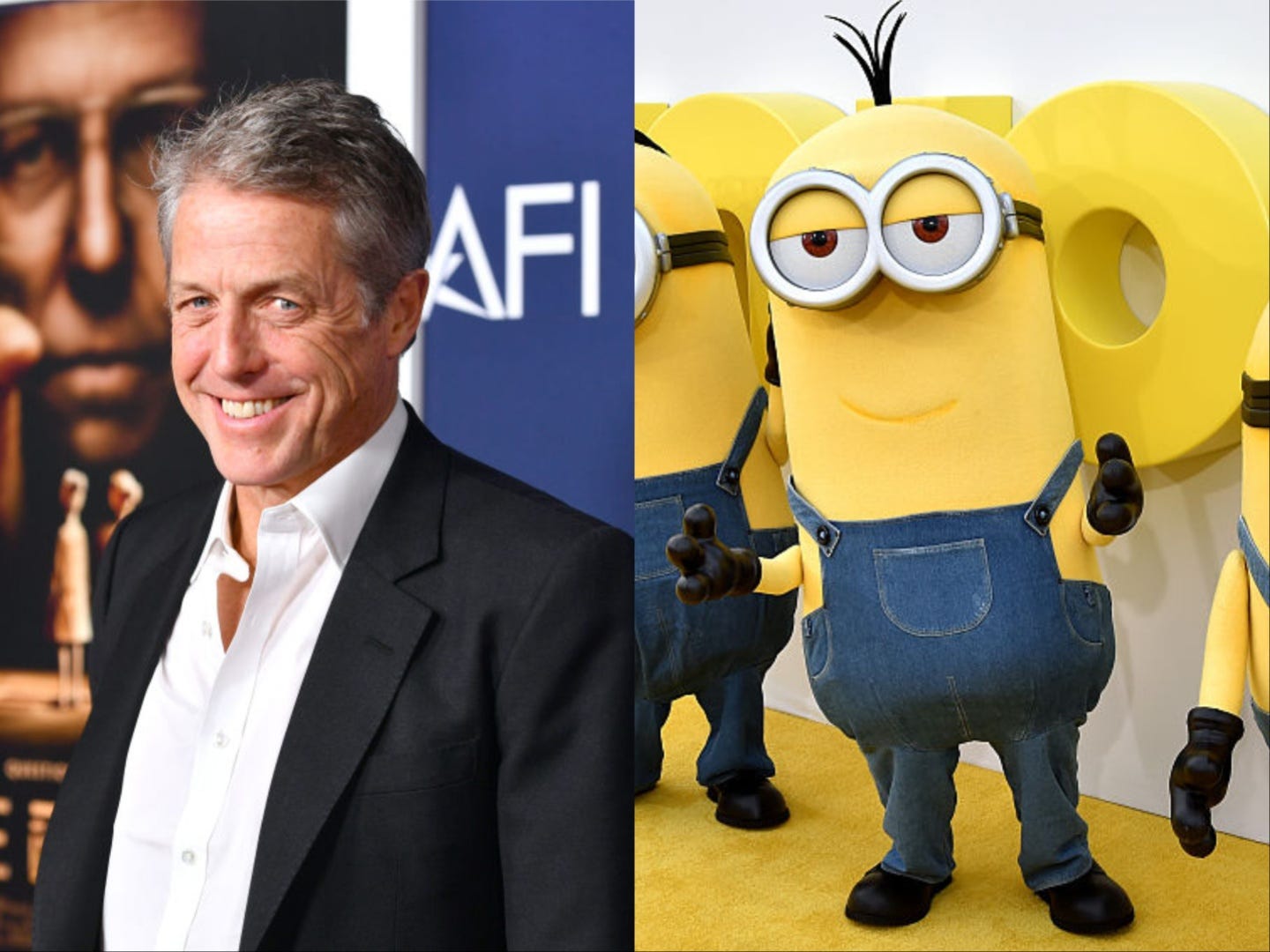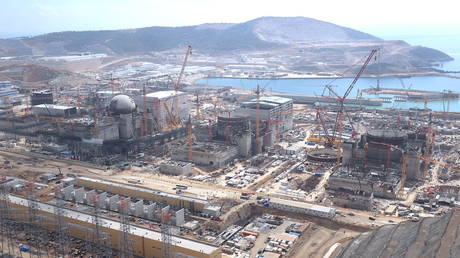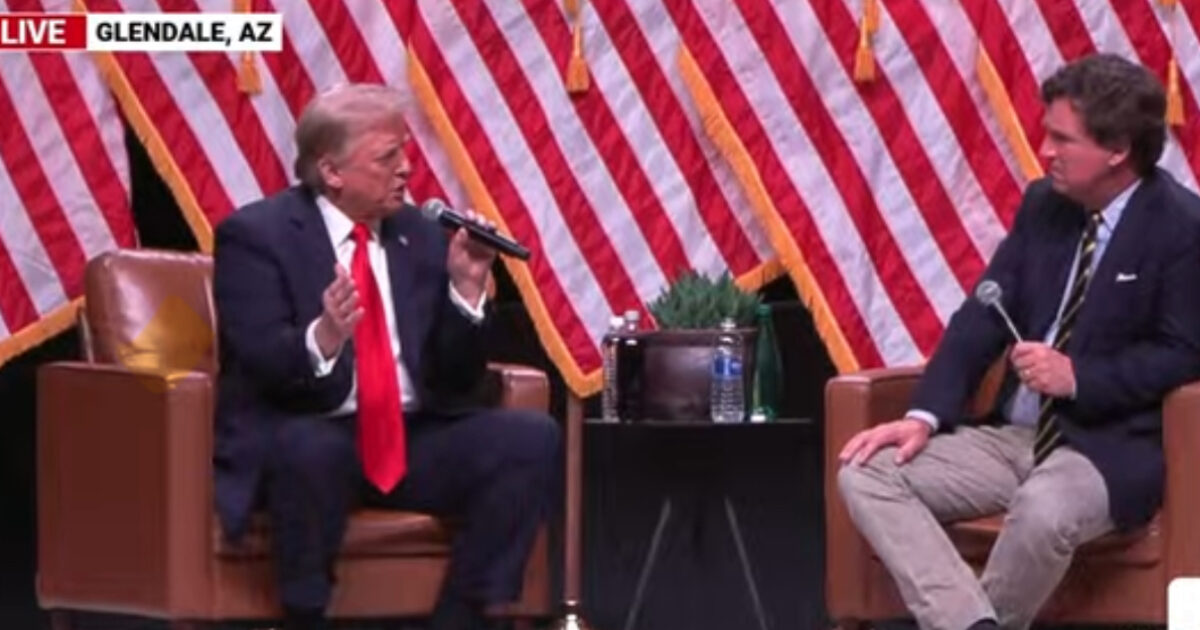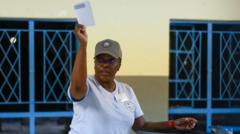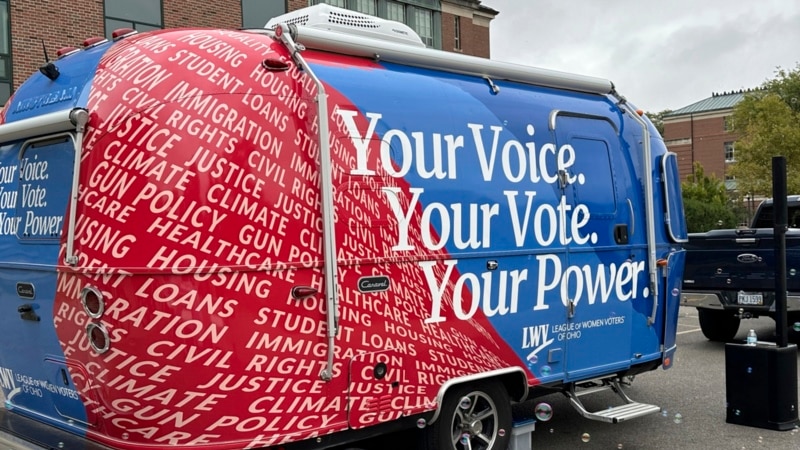Not long before the Nazis murdered him, the Lutheran pastor and resister Dietrich Bonhoeffer wrote that “the ultimate test of a moral society is the kind of world it leaves to its children”.
That moral challenge is timeless. But with the climate emergency upon us, it has an unsettling new edge, and with that in mind, I’ve been preoccupied lately by the underappreciated power of solidarity.
Because the chances that a child in the next century will feel gentle sunlight against her skin, or hear birdsong, or see native animals in the wild, or even live some part of the year outside of a storm shelter, will depend on the degree to which we can manifest fellow feeling for her now.
But what else can they do? Many of them can’t even vote yet. They’re trying what they can, snatching whatever fleeting opportunity is available to them in a polity that shuts them out at every point – financially, politically, culturally.
But their voices are prophetic.
Prophets speak truth to power – and we know what happens to prophets. To the mighty and comfortable, the truth is a threat. It must be intimidated, arrested, beaten, shot and, yes, crucified to produce the silence required to maintain business as usual.
Prophets try to shake their communities awake. And that’s all these kids are trying to do.
Yes, they’re right up in our faces, blocking our path, begging us not to sink back into cosy oblivion. Because they know what our junkie habit is doing to creation, to our home and to their future. If things don’t change – and fast – they will be damned for our sins. And their sense of forsakenness is being ignored.
But it’s worse than that. Because now they’re being persecuted on our watch, in our name and on our dime.

By and large, we turn our heads and walk on by. Even those of us steeped in religious teachings urging us to defend the weak, the oppressed and the outcast.
We’re lucky to have young people of conscience and courage. And I suspect that deep down, we know they’re right. We’re just too proud to admit that we’re hooked, in thrall to the pushers and dealers, the drillers and their shills. And few of us are as deeply ensnared as our elected representatives. That’s not a tragedy – it’s a scandal.
But instead of owning our shame and frustration, and the rage we feel against those who make super profits from our misery, we project everything on to those trying to save us from ourselves.
I believe we have the collective juice to break free of what oppresses us. But we’ll need to do this together in new and unlikely alliances.
That work is under way, despite the efforts of the big polluters. But finishing the job will require us to shed some rusted-on beliefs about what and who we value, about how we run our economy and who it’s meant to benefit. Some unholy shibboleths need to be overturned.
French theologian Jacques Ellul said: “Belief is reassuring. People who live in the world of belief feel safe. On the contrary, faith is forever placing us on the razor’s edge.”
With less than a decade in which to forestall the very worst of climate breakdown, that’s where we are right now.
The razor’s edge is the terrain all morally serious humans must traverse in order to know themselves. Because the rim of oblivion is also the brink of opportunity and potential.
So as we teeter together at the rim of eternity, consider the words of WH Auden: “Eternity is the decision now, action now, one’s neighbour here.”
